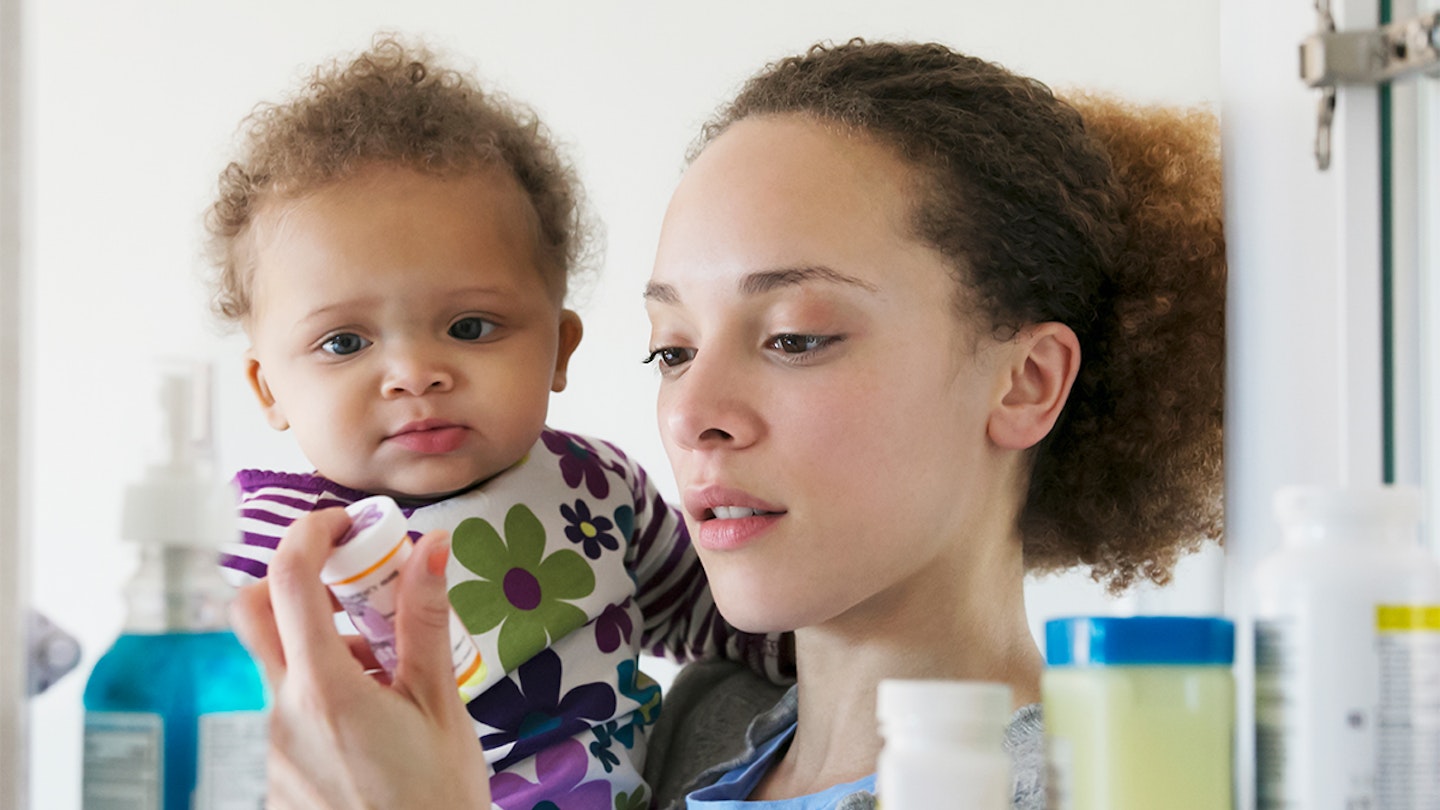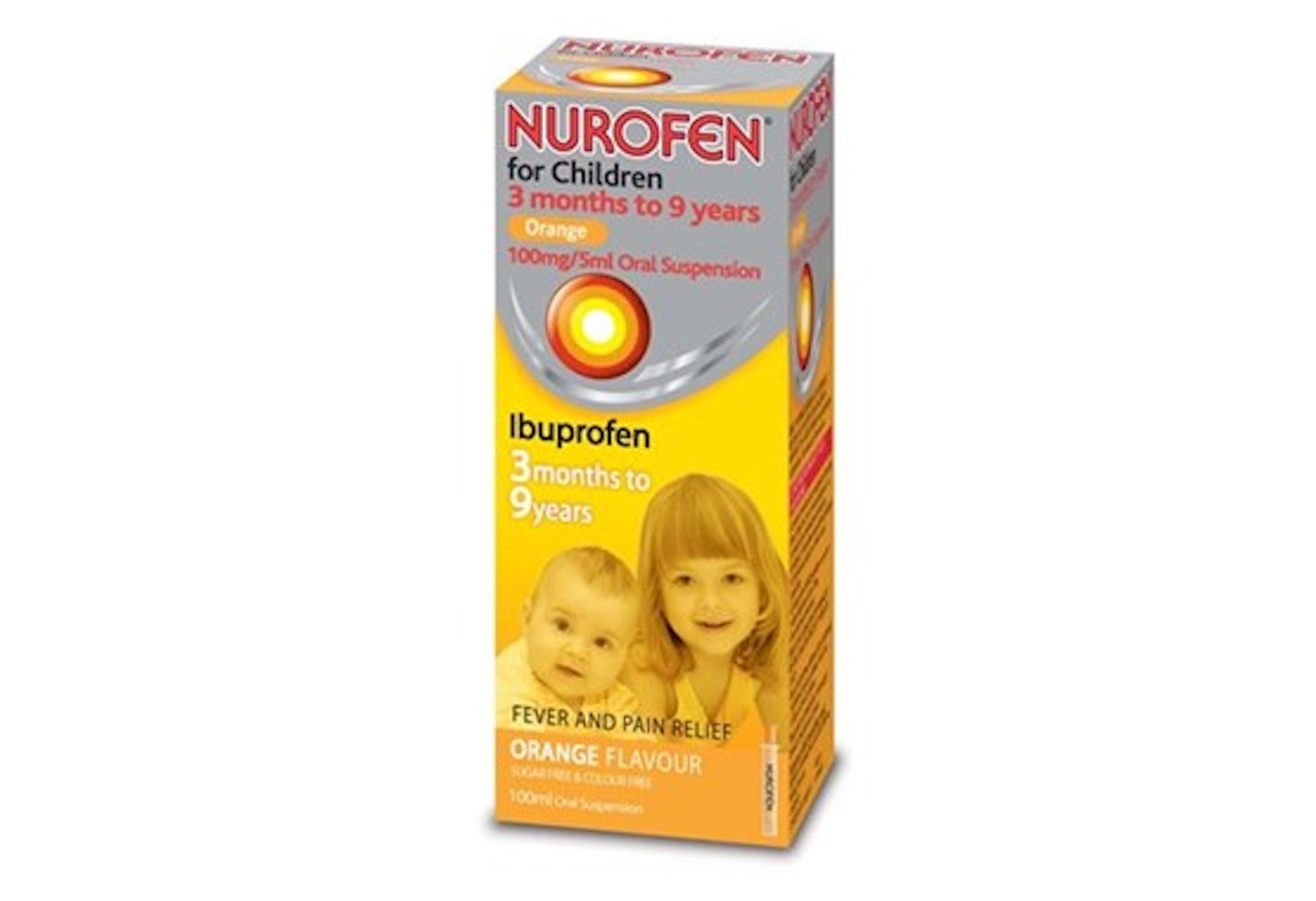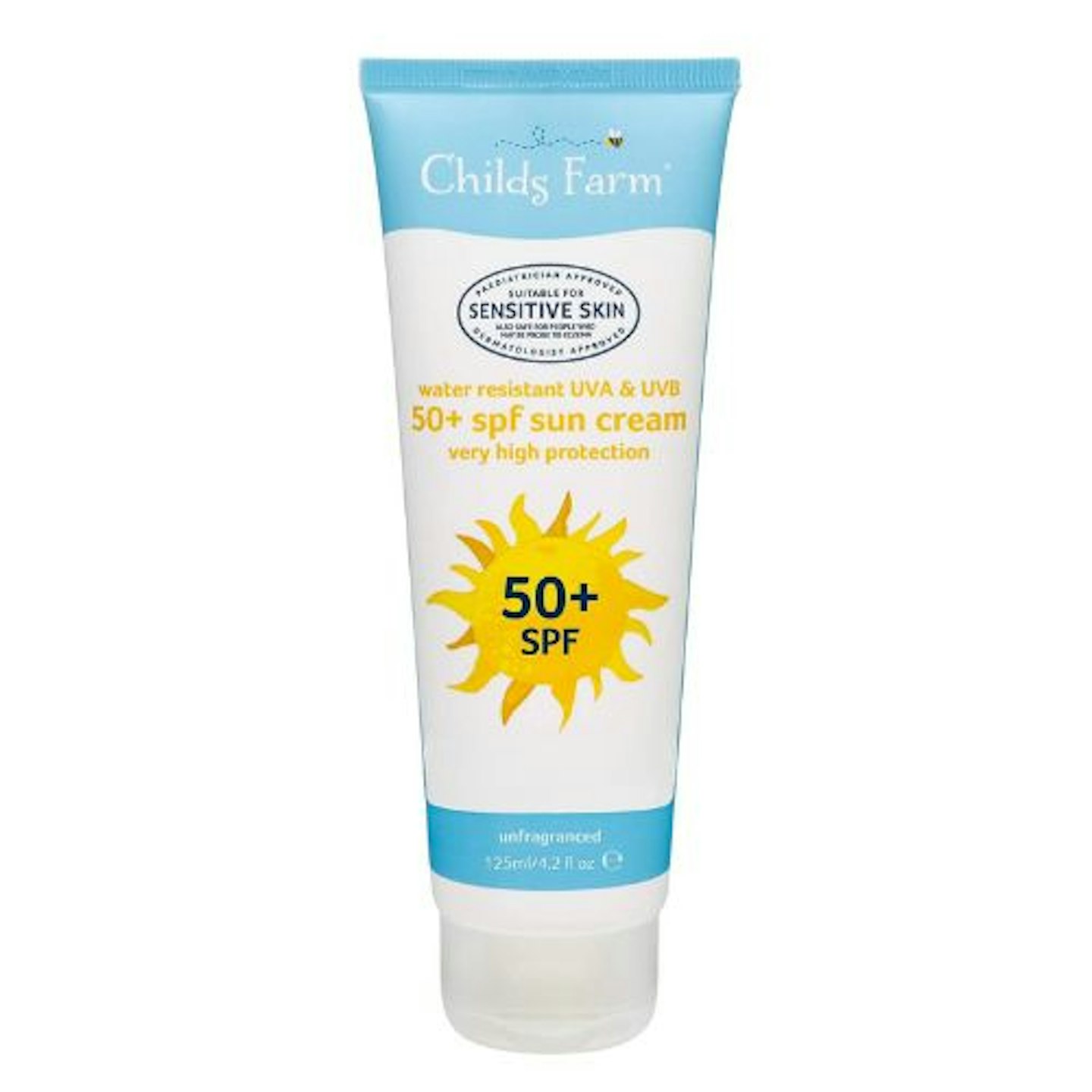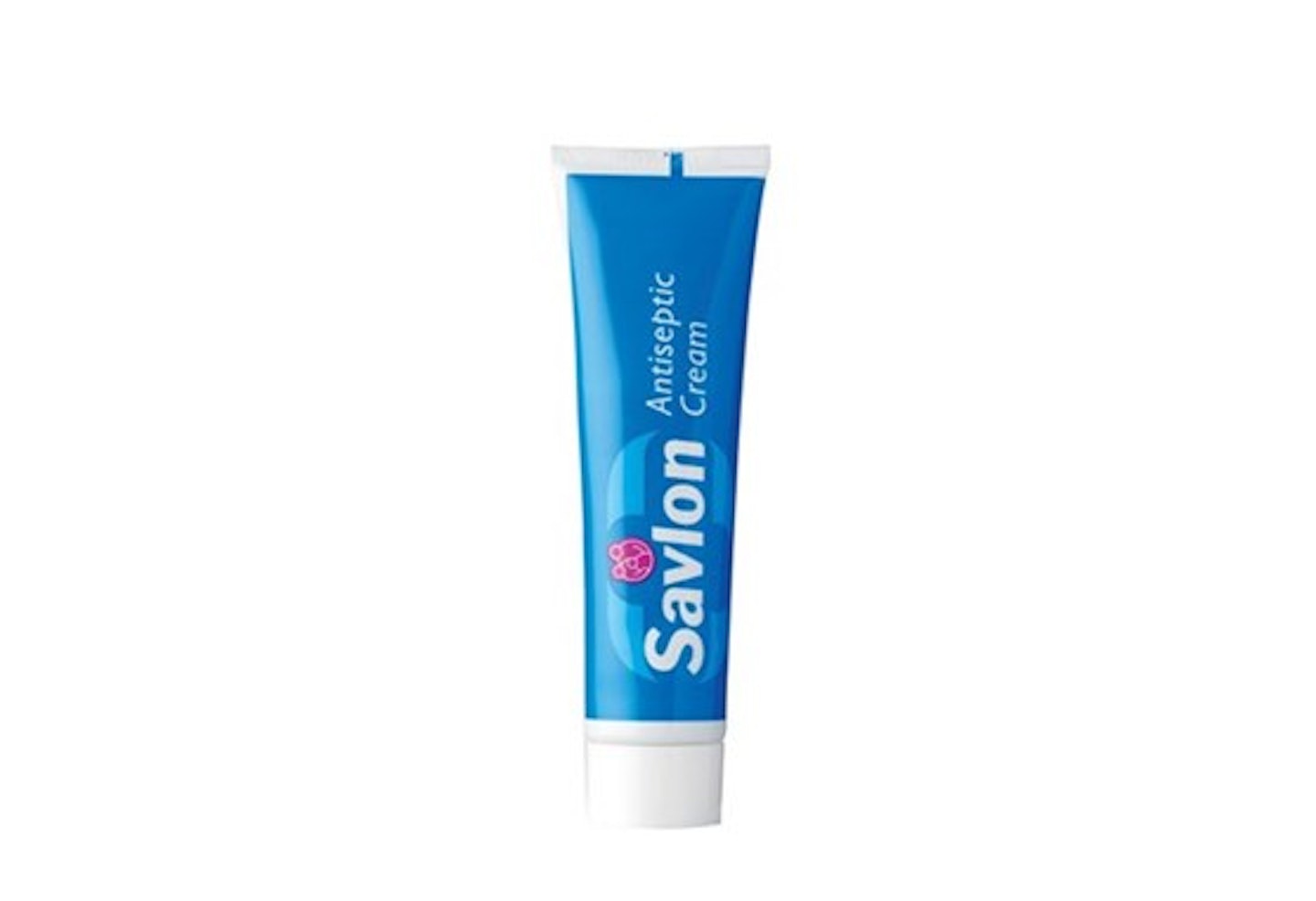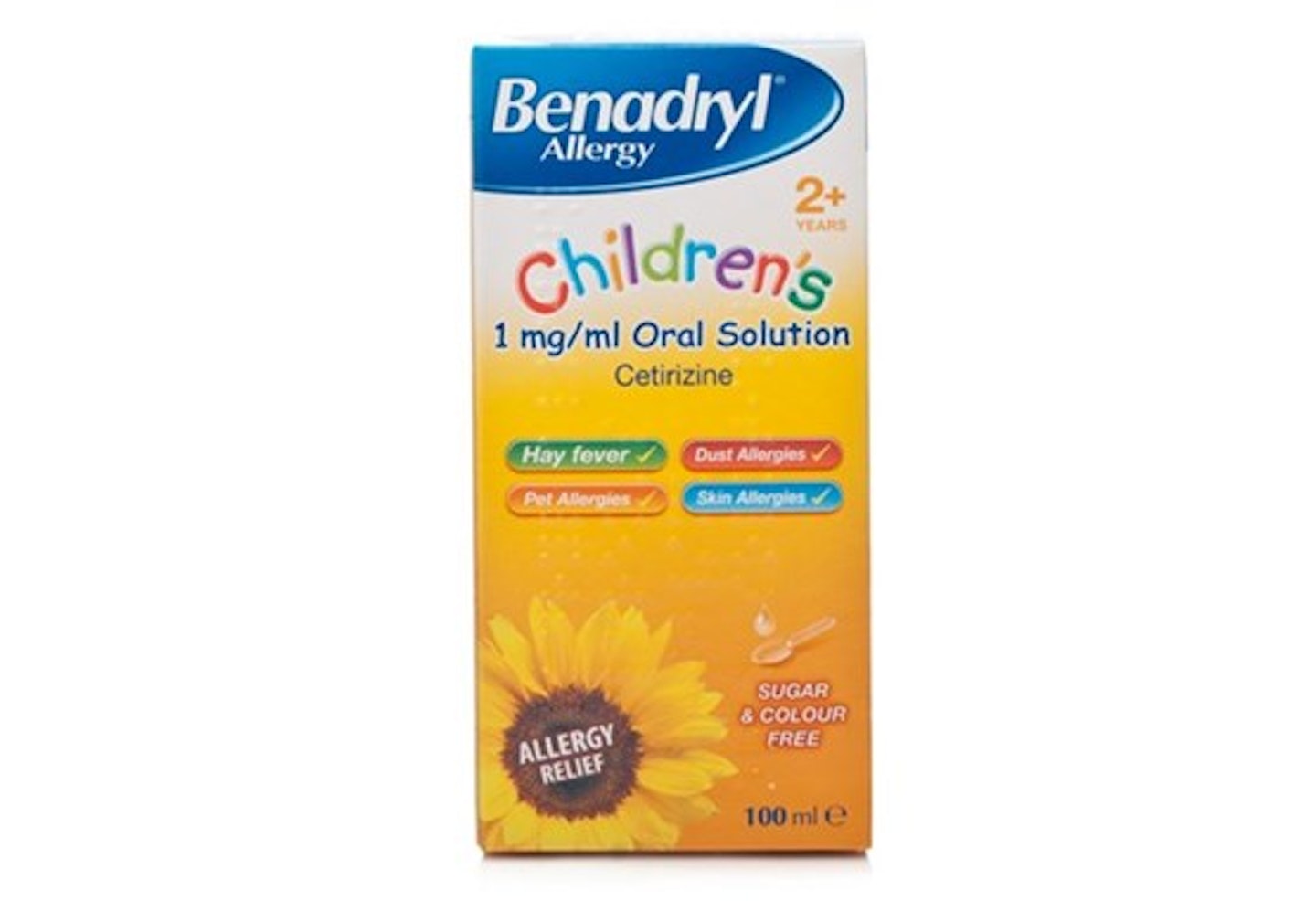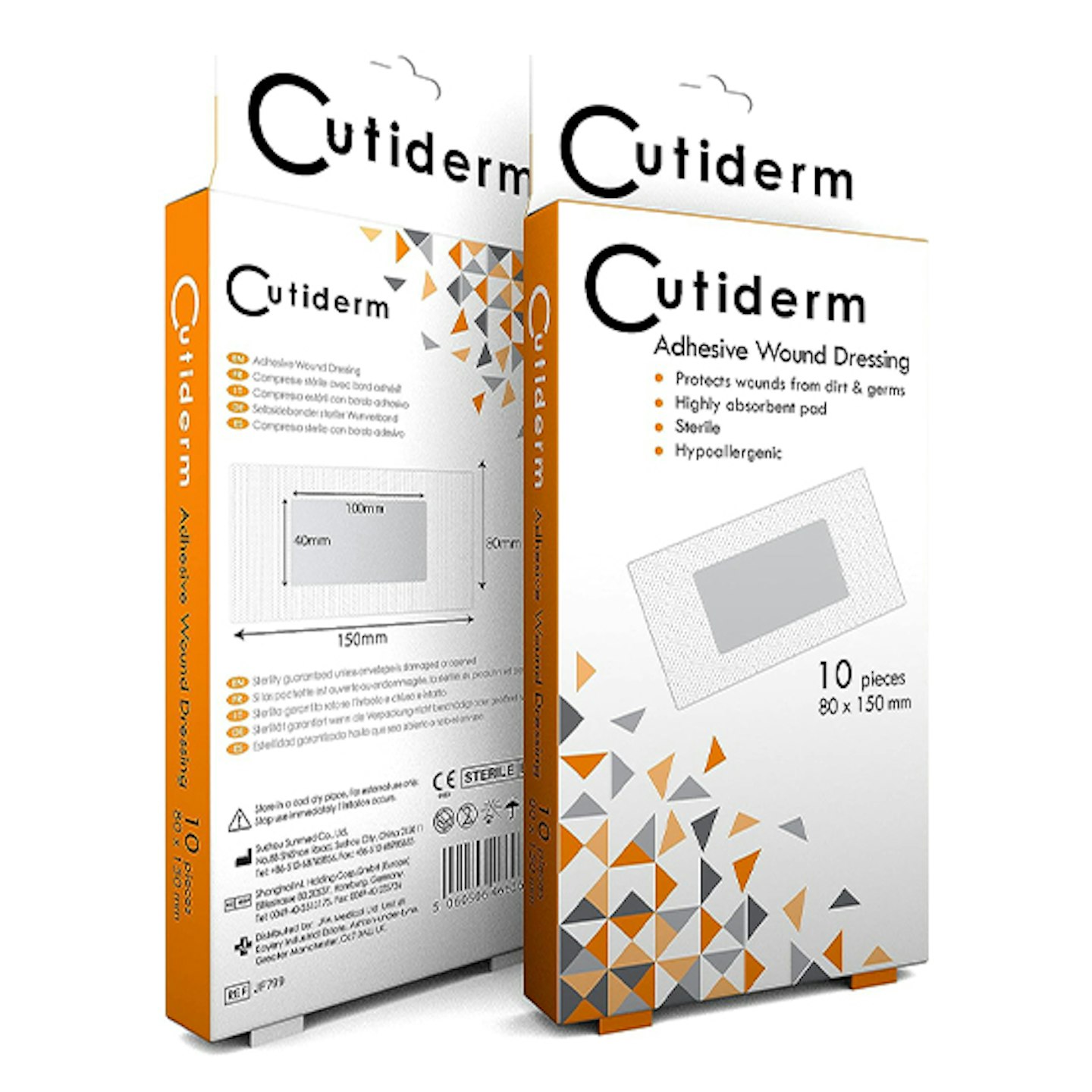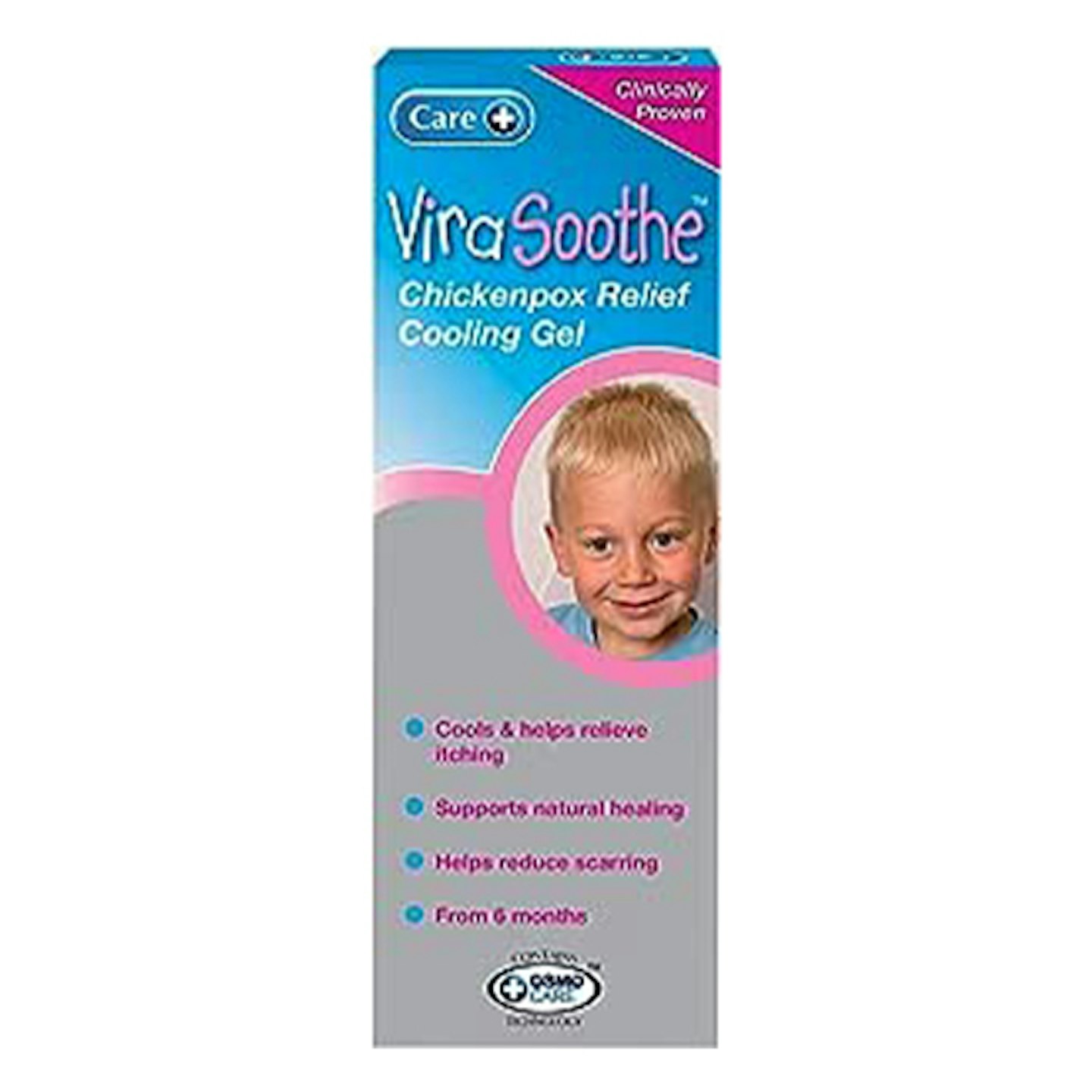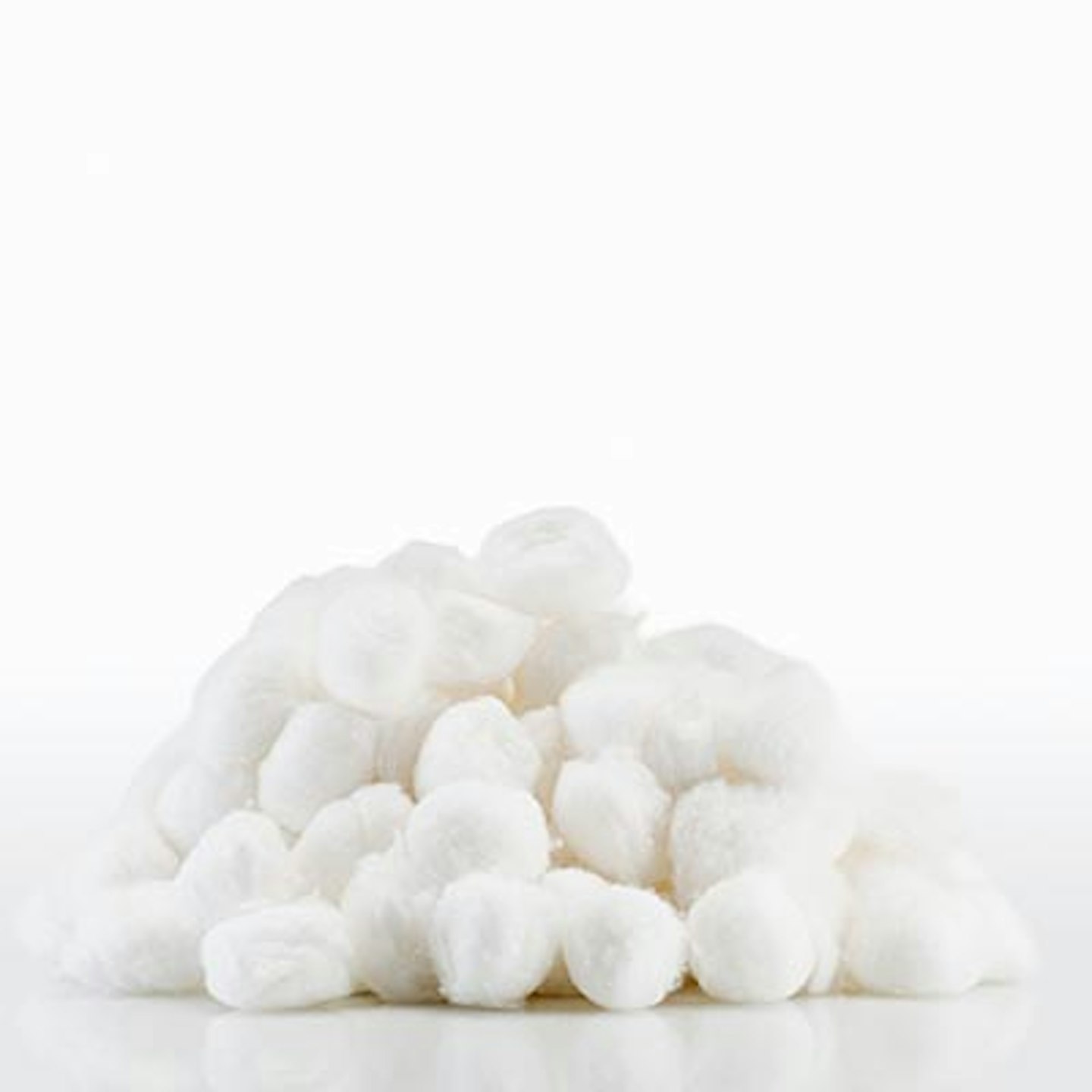As a parent, you'll want peace of mind that you can come to the rescue to make your tot feel better whatever their illness or if they have a baby fever. That's where a family medicine cabinet comes in handy.
Before you had a family, you might have had packets of paracetamol dotted about in random drawers, creams and lotions for soothing rashes in the bathroom and plasters in the bottom of old handbags for when your shoes start to rub. Now you have a family, you need to be a little more organised while considering the safety of your little ones. That's why it's such a good idea to keep your medicines organised and safely locked away in a medicine cabinet.
Whether it's a graze on the knees, a bad winter cold or a nasty bite from an insect, your family medicine cabinet should contain everything you and your family need to provide first aid and ease any symptoms from home before speaking to your pharmacist, GP or seeking urgent medical care.
While there are medicine cabinets specifically designed for families available to buy which you can lock, a high-up cupboard that's difficult for children to reach that features a safety lock and baby-proofing will work perfectly. Next, you just need to know what to stock it with so that you're covering all eventualities.
What to put in your family medicine cabinet
Keep some adult pain relief such as paracetamol, ibuprofen or aspirin on hand for headaches, period pain or back ache in your family medicine cabinet. Infant paracetamol is useful for easing pain and bringing down fevers in your baby. Paracetamol is safe in pregnancy so long as you take the lowest effective dose, but ibuprofen should be avoided in the first and third trimesters.
Protecting your baby or toddler’s skin from the sun is vital. Keep suncream to hand at all times of the year, just in case there’s an odd hot day in April (it does happen!).
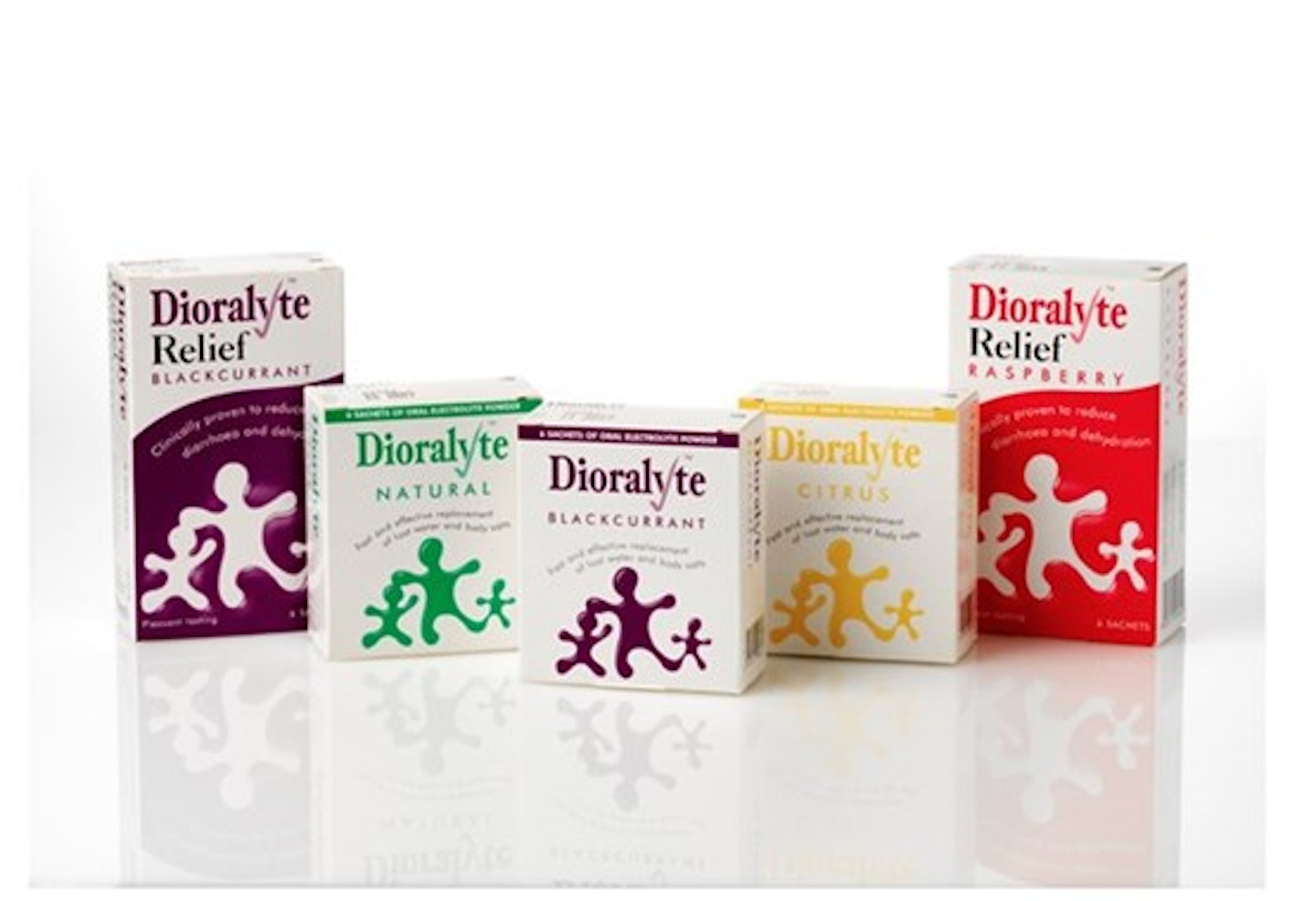
If you or your baby has diarrhoea, it’s important to replace lost fluids, salt and glucose and aid rehydration. Always consult your GP if your baby has a bout of diarrhoea.
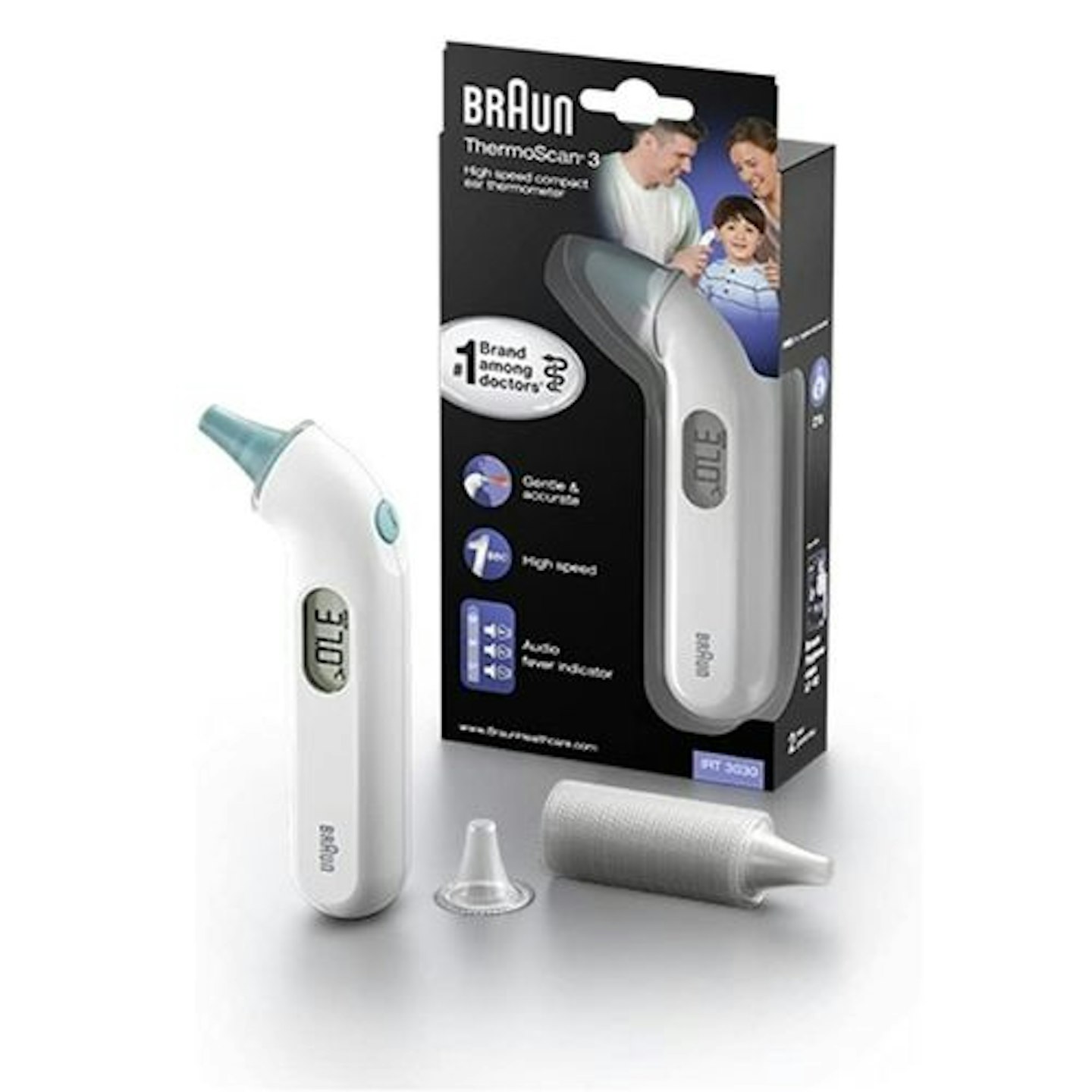
Keep track of your baby’s temperature (and yours if you need) with this in-ear thermometer. It’s an easy way to take a reading without causing too much distress to your child and is essential in any family medicine cabinet.
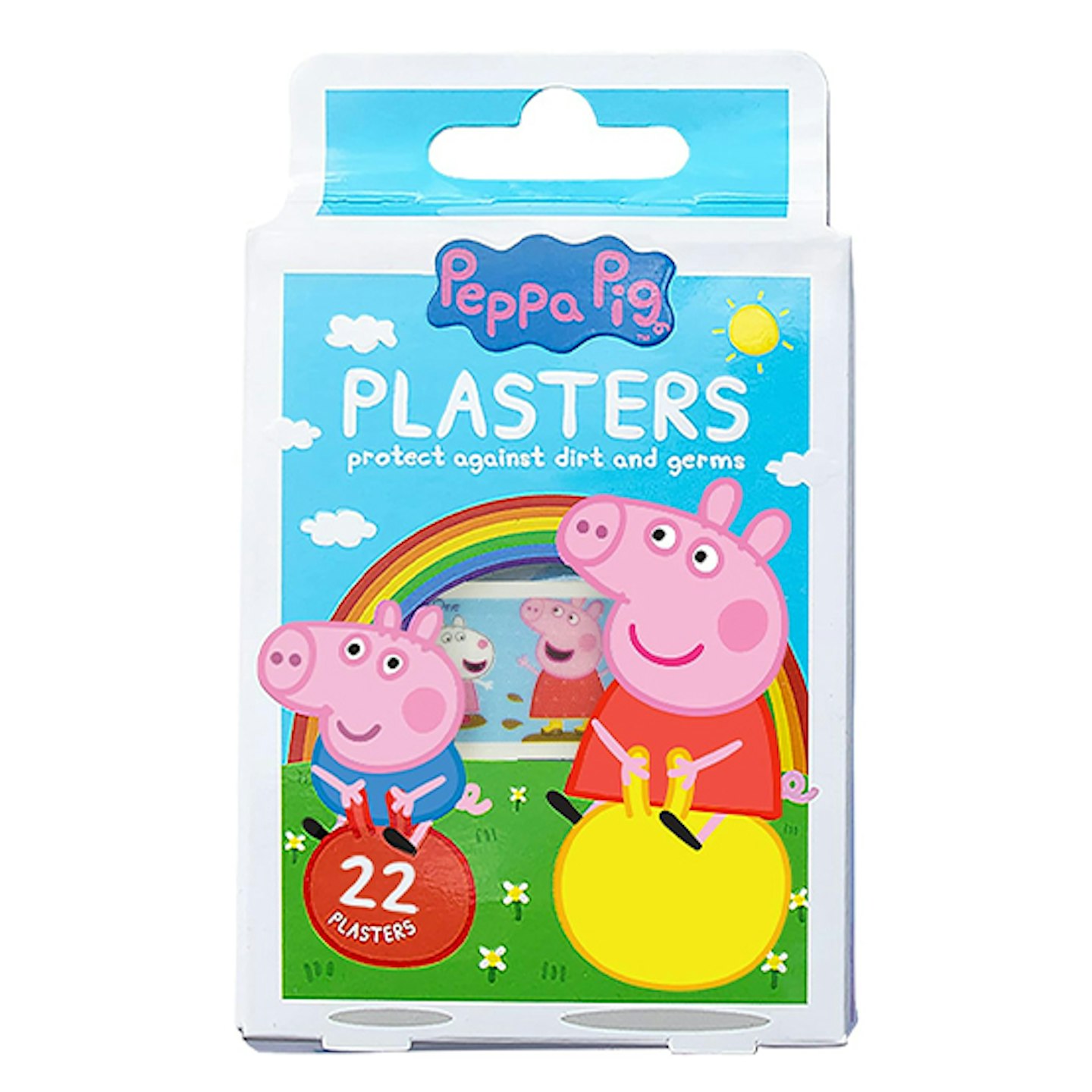
Whether it’s grazed knees or a painful cut, having a packet of plasters in your medicine cabinet will always help to make your child feel better. Even more so if they feature their favourite characters.
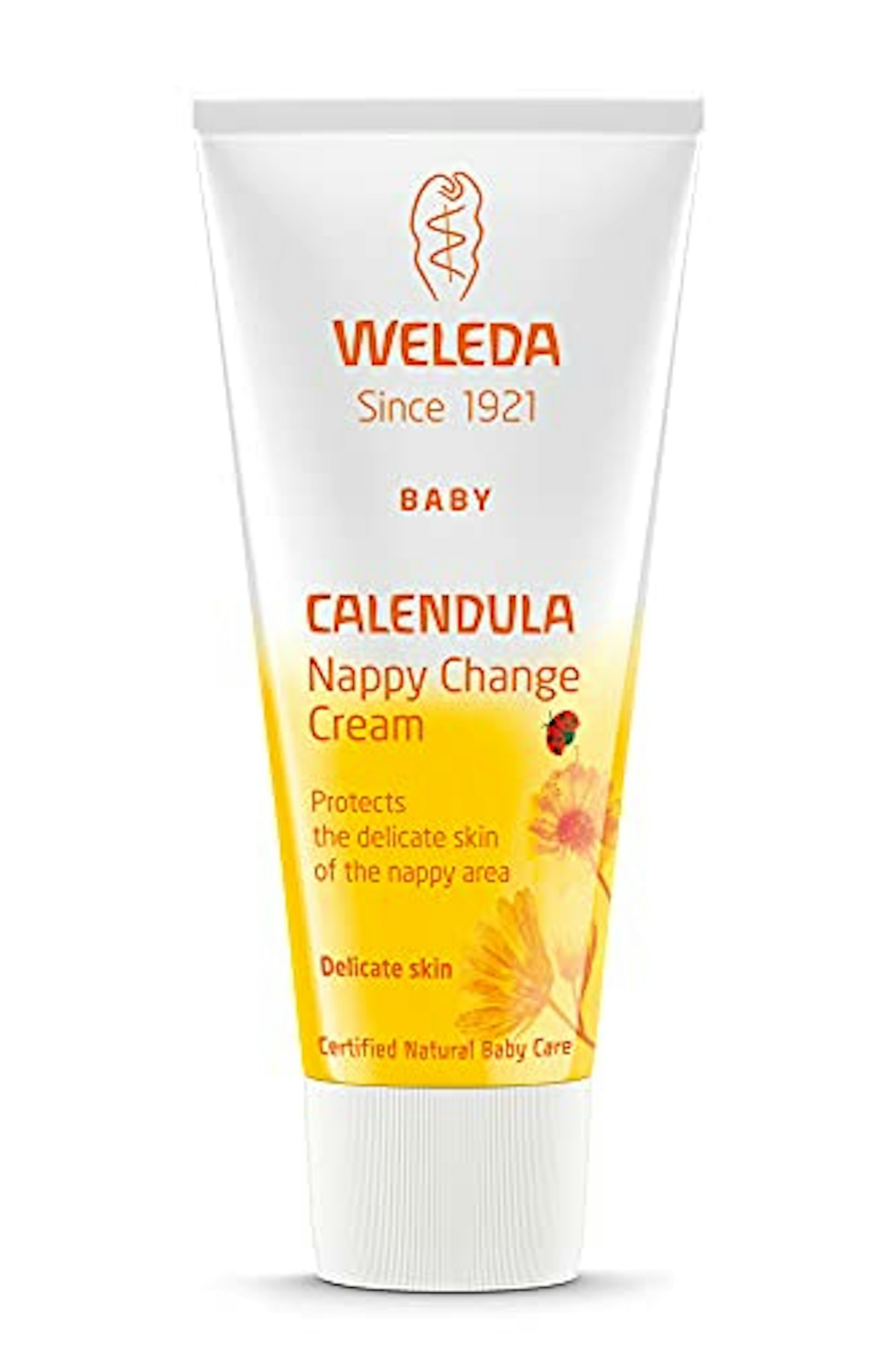
Soothe painful nappy rash and prevent redness and soreness on your baby’s skin with a nappy rash cream.
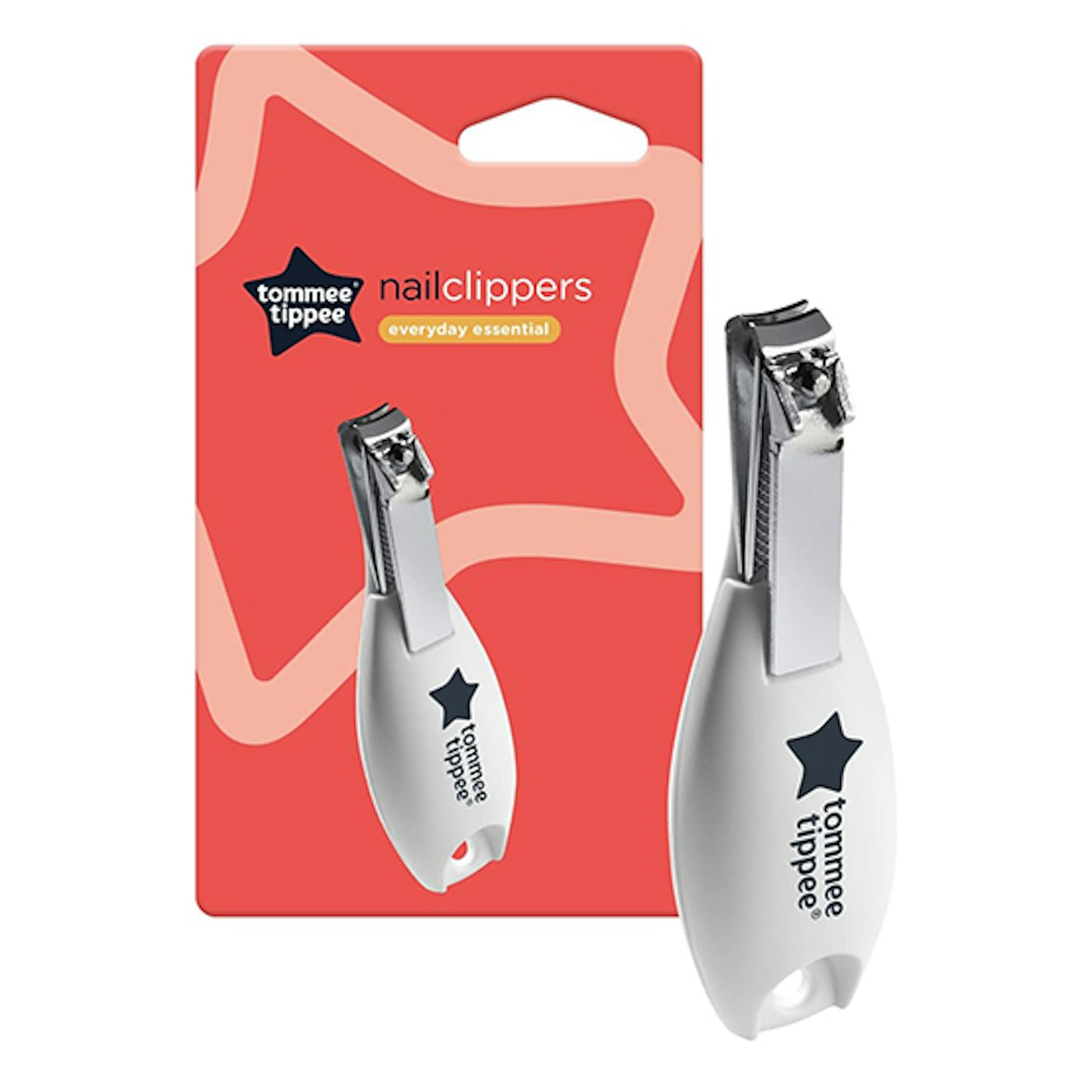
Your baby’s nails will grow surprisingly quickly – and are fully formed when they're a newborn – so if you don’t want to use scratch mitts, make sure you keep their nails trimmed.
Clean up cuts and grazes and remove any infection-causing bacteria with an antiseptic lotion or cream. It also works on bites and stings.
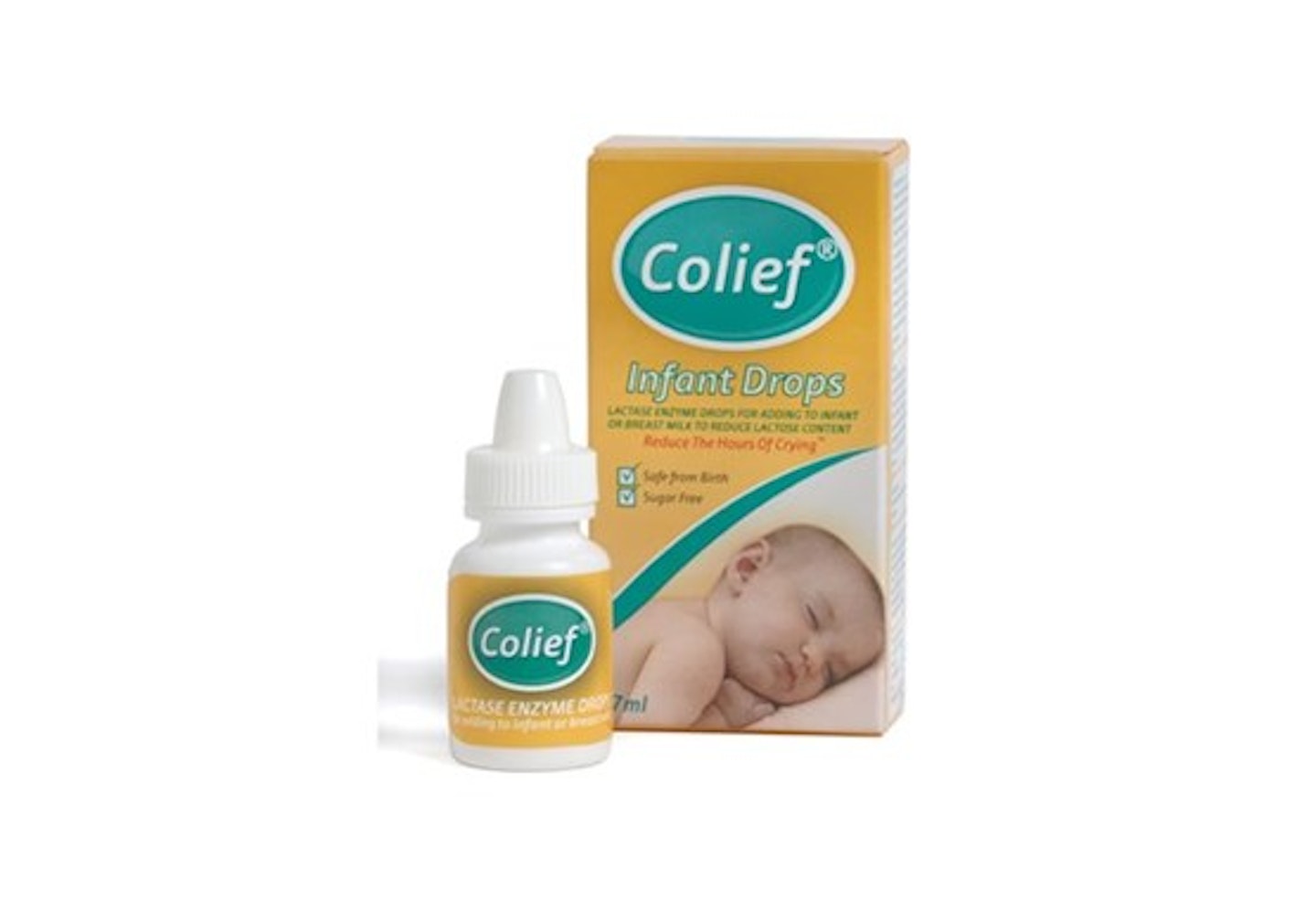
The dreaded colic in babies can be eased by a range of methods, one of which is colic drops. Some work by helping to digest lactase, an enzyme found in milk.
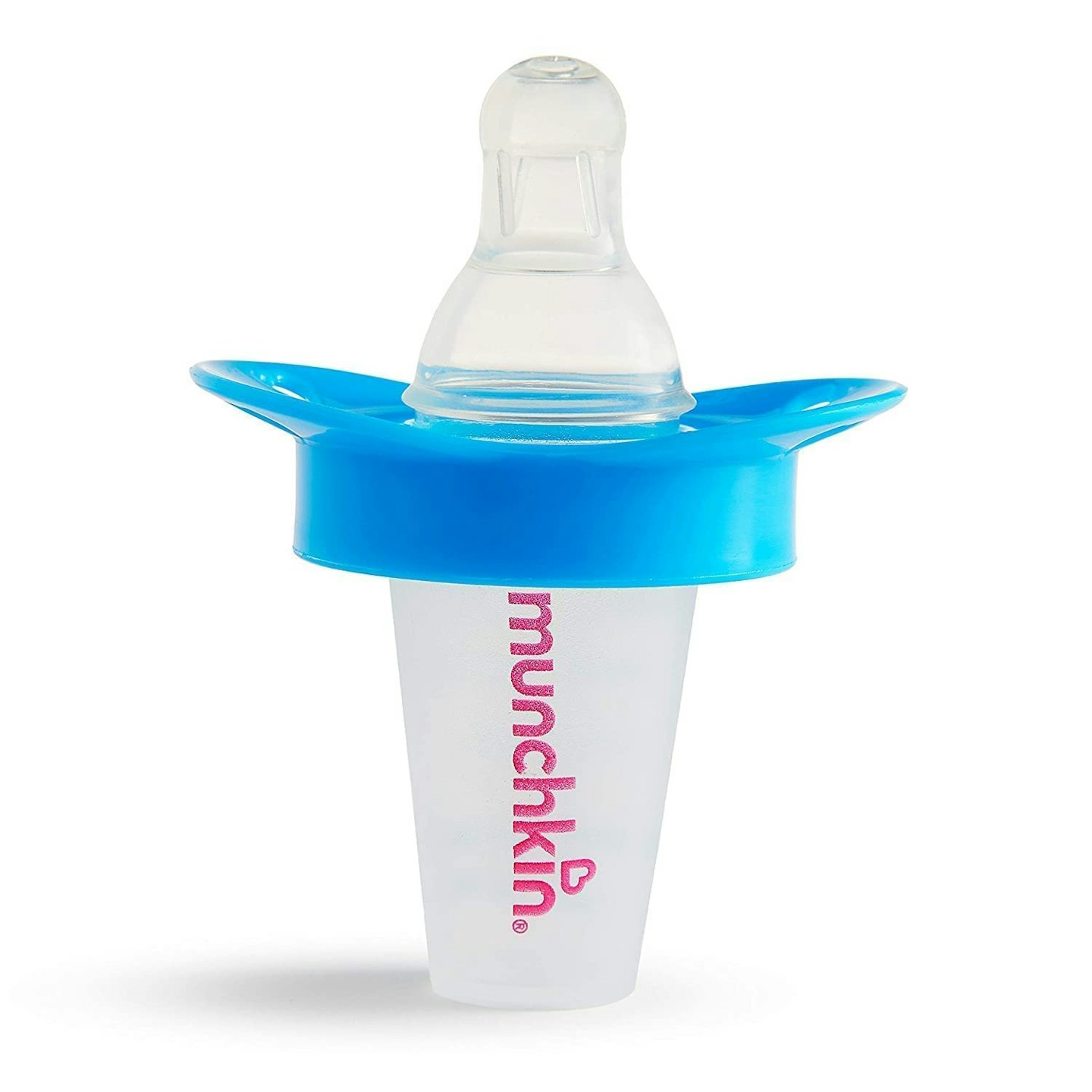
If a wriggling baby has meant giving your baby medicine has turned into a messy splatterfest, try using a medicine dispenser. It works like a syringe but has a dummy attachment which your baby can suck the medicine through so it’s less traumatic all around.
Help ease the allergic reactions in babies caused by pet, dust, pollen and itchy bites with an anti-histamine.
For bigger cuts and grazes, you may want to take your baby or toddler to the doctor to have them looked at. But a pack of sterile dressings is always useful to keep on hand.
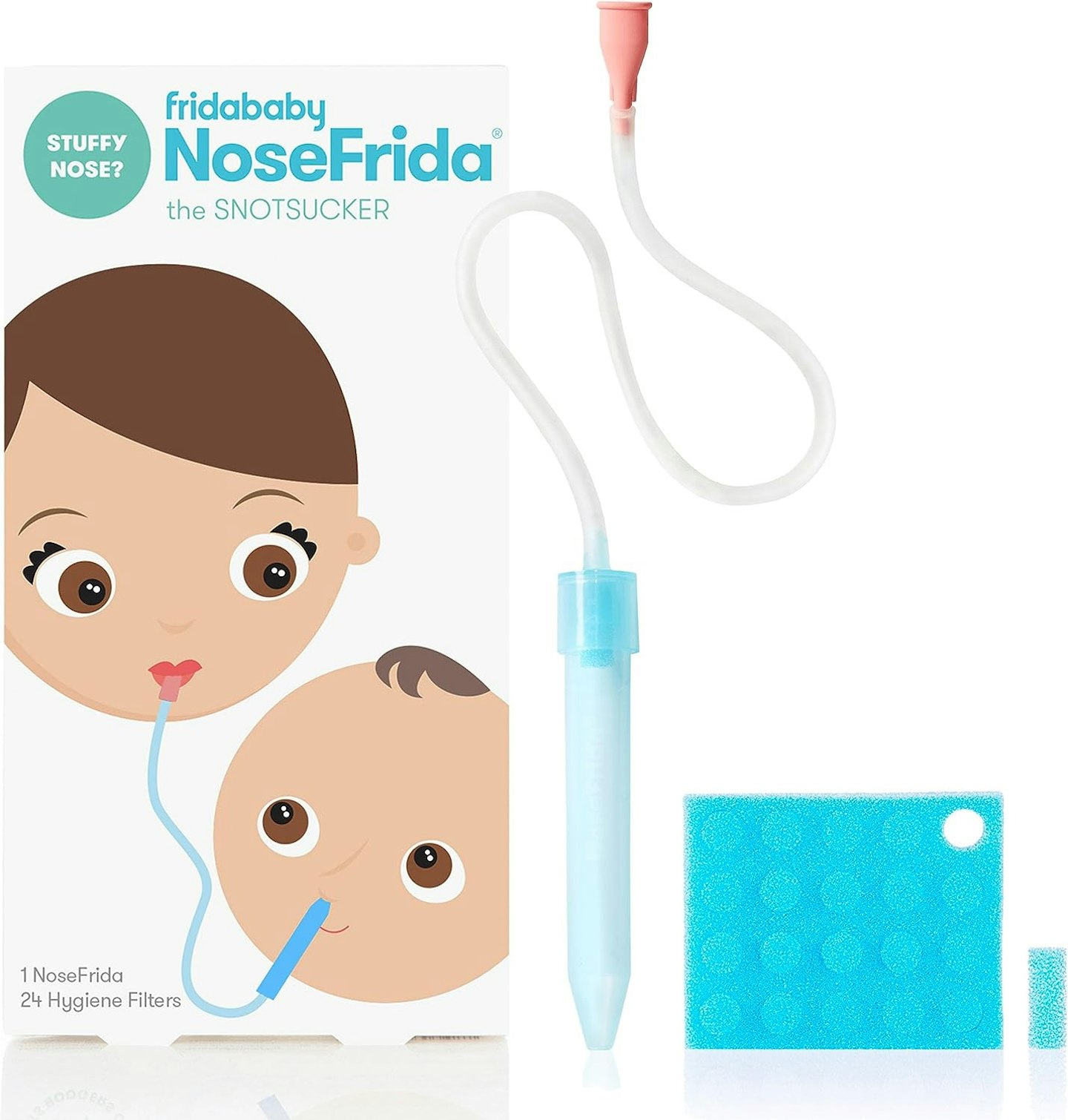
Babies and children can’t blow their noses, so if your little one is bunged up, a nasal aspirator, which works to suck mucus out of your baby’s nose (yep, delightful), can be useful.
Your child may escape chicken pox, they may not, but be prepared with a product that will help to ease the itching and aid healing. And unlike calamine lotion, it won’t dry out the skin too much.
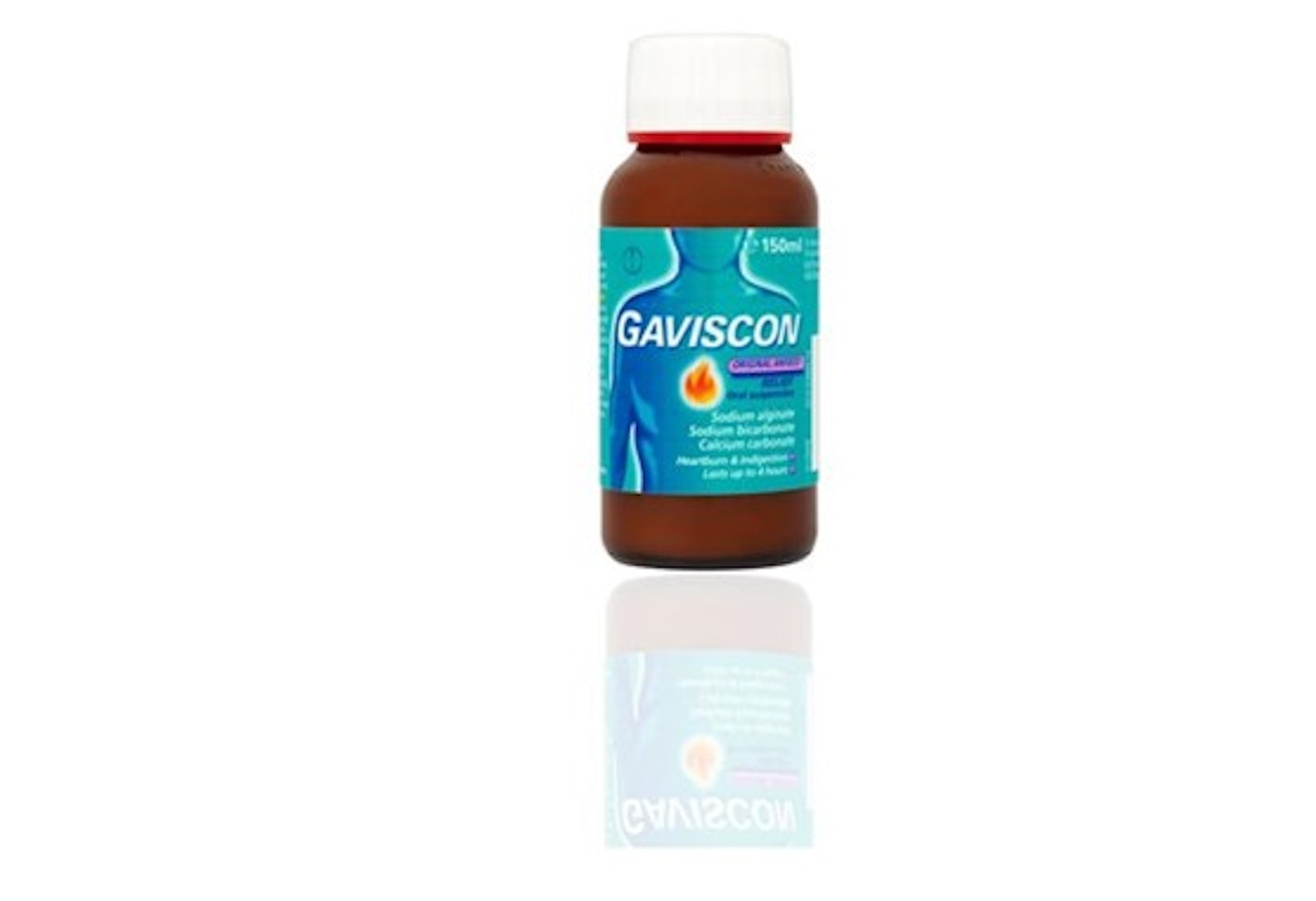
A lifesaver if you’re suffering from pregnancy heartburn, you can also get versions for your baby, but get advice from your GP or a pharmacist before giving it to them.
These are useful for early nappy changes with your newborn, or cleaning the eye if your baby has conjunctivitis.
Lorna White has been a Senior Digital Writer for Mother&Baby since 2020. She has a keen interest in a range of topics, from potty training and nutrition to baby names and maternity fashion.
